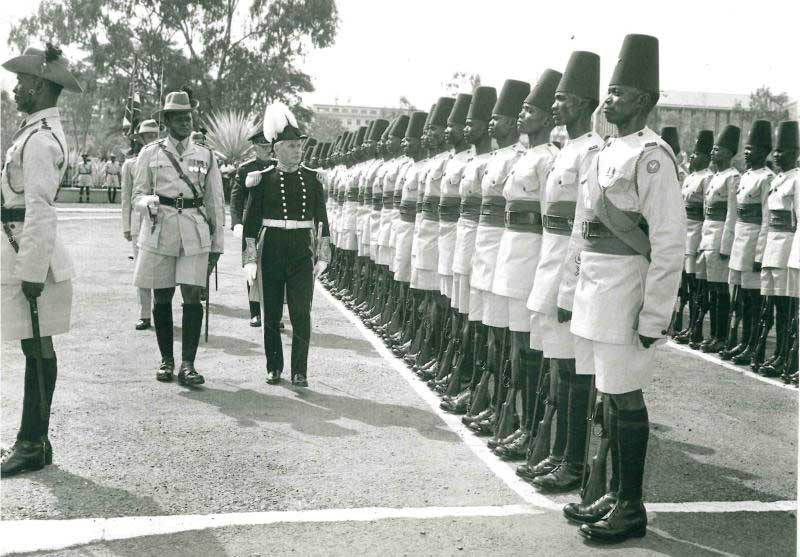×
The Standard e-Paper
Home To Bold Columnists

On December 12, 1963, Kenya became an independent country after 69 years of British rule.
To mark this significant milestone, a ceremony was held at Uhuru Garden Park in Nairobi where the Union Jack was lowered down for the last time and as Kenya’s new flag went up.